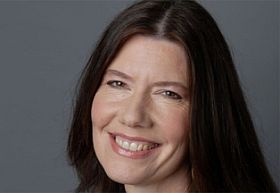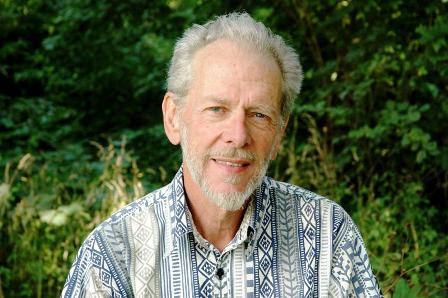


Ji.hlava IDFF 25 Years!
25 years, still alive and kicking, young and fresh – is the impression I get from going through the website of the film festival in the Czech provincial town that is full of films, of Cinema from October 10 till October 31.
The festival’s visual logo is lovely, copy paste from the site: – The official spot of the 25th Ji.hlava IDFF has been designed by the poet and filmmaker Khavn, who thanks to his desire to trespass the borders of film expression, belongs among the most prominent personalities of Philippine cinema. His work was presented in the section Translucent Being at Ji.hlava 2006.“Khavn is a prominent figure on the contemporary independent scene in the Philippines, and the Ji.hlava IDFF has been following his predominantly provocative and surprising work for fifteen years. Khavn himself has also been collaborating with Ji.hlava: he is currently leading the Ji.hlava Academy workshop for emerging filmmakers, and has been among the jurors and authors of the festival diary,” says Marek Hovorka, the director of the festival. And be aware that on the website you will also find a thought provoking poem by Khavn.
They make excellent press releases at this festival, so my job is to pick and copy paste so it fits the format of a film blog like this. Here are some more words from Hovorka: ” “We want to draw on the experience of the last two years. In 2019, Ji.hlava had a very festive and summer-like atmosphere, while last year we took the online opportunity to attract thousands of new viewers and bring documentary cinema to their attention. This year we would like to combine these two aspects,” explains Marek Hovorka, commenting on the hybrid concept of the festival, which will for the first time take place both live and online.”
… with three hundred films including the latest Czech and international documentary cinema, a unique retrospective of Romanian experimental film, and a section dedicated to the American thinker and essayist Susan Sontag.
”The main Opus Bonum international competition features fifteen titles. Eleven films will be screened in their world premiere, and four will have their international premiere at Ji.hlava… I only know one of the film, reviewed two days ago on this site: Andrei Kutsila’s «When Flowers are not Silent ».
The 25 short docs in Ji.hlava’s Short Joy competition section – all in world or international premiere – are now available online for free at dafilms.com and the jury is audiences across the world. The voting starts today and ends on October 24…Chapeau for having a short film section ».
There are so many other sections, let me just point at the non-competitive « Constellations » that include films by Sergei Loznitsa, Pawel Lozinski, Marc Isaacs and Jay Rosenblatt.
Do your research, lucky you who are able to be in cinemas in Ji.hlava, lucky you who can watch online without being geo-blocked – take a look at
Congratulations!

